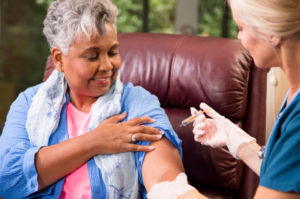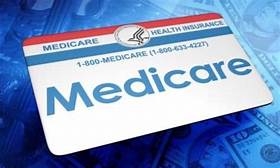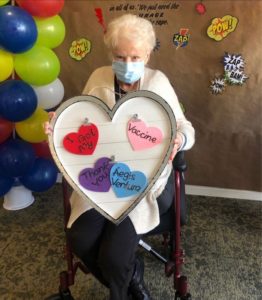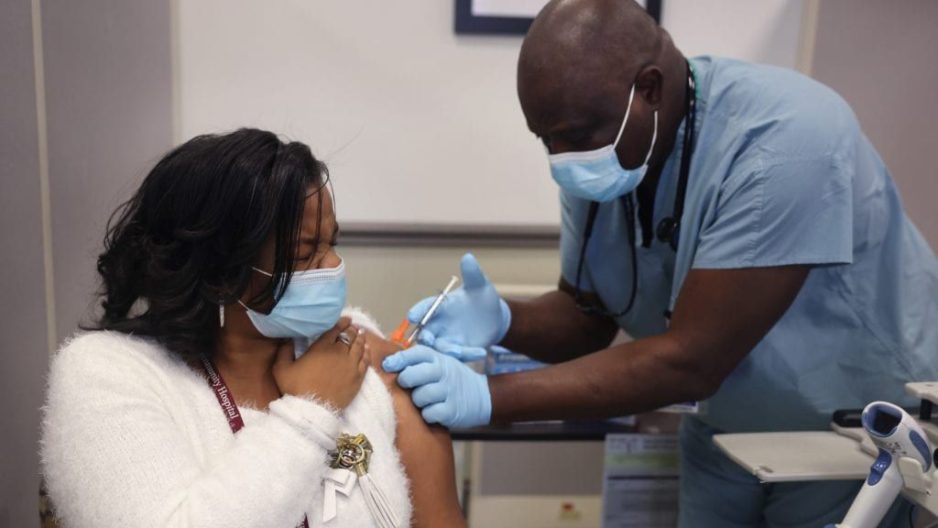The Oasis Institute, a nonprofit educational organization dedicated to enriching the lives of adults ages 50+, has announced the launch of Oasis Everywhere, a virtual lifelong learning platform with an expansive menu of online classes aimed to provide seniors with social connections and enrichment as they continue to shelter in their homes during the COVID-19 pandemic.
Oasis Everywhere offers live online courses led by top instructors from across the country, making it possible for anyone in the U.S. to participate in exclusively curated classes and seminars streamed from Oasis Centers across the country. Utilizing a simple online platform and Zoom video conferencing, anyone can easily explore their interests regardless of geographic location, mobility, or travel constraints.
Affordably-priced classes are easily searchable and open for registration through the Oasis Everywhere website, oasiseverywhere.org. Available courses cover a variety of topics ranging from art and history to science, religion, cooking, technology, current events, health, and more.
“Through Oasis Everywhere, you can learn alongside your mom, dad, grandparent, neighbor or friend as we all adjust to pandemic life while also prioritizing our older loved ones who need support and care,” said Paul Weiss, PhD, President of The Oasis Institute. “We have carefully curated Oasis classes with the interests of adults ages 50+ in mind, but we have found that our topics really have a broad appeal, especially in these days of self-quarantine.”
The need for online classes increased exponentially in 2020 due to the isolation experienced by so many seniors during the COVID-19 pandemic. The National Poll on Healthy Aging conducted by AARP and Michigan Medicine in June 2020 reported 56 percent of respondents over the age of 50 sometimes or often felt isolated, more than double the number in the same study from 2018. The Oasis Institute launched Oasis Everywhere to address that need. Participants on the platform have reported that their learning experiences are valuable, varied and offer high-quality intellectual stimulation amongst the uncertainty. Participants have something to look forward to as they see old friends and make new ones through the interactive video sessions.
Founded in St. Louis, Missouri, for nearly 40 years, Oasis Centers and partners throughout the country have served adults ages 50 and over as a “home away from home” with robust educational offerings that include arts and humanities, science and technology, health education and exercise programs.
Oasis Everywhere is open for individual enrollment and offers group enrollment for senior centers and care facilities that want to provide additional enrichment to their residents. The classes offer a turnkey solution and enrollment group discounts for facilities that want to expand the variety of opportunities for learning and social activities that they offer. Senior living communities who register residents receive a 15% discount.
To sign up for classes, visit www.oasiseverywhere.org and view the growing list of courses to choose from.
Find more information about the Oasis Institute on Facebook at @OasisInstitute, on Twitter at @OasisInstitute, on LinkedIn at The Oasis Institute, or via their website www.oasisnet.org.
Note: Even though Oasis is a non-profit most classes do have a small fee. The Breeze is printing this for your information, this is not an endorsement.



